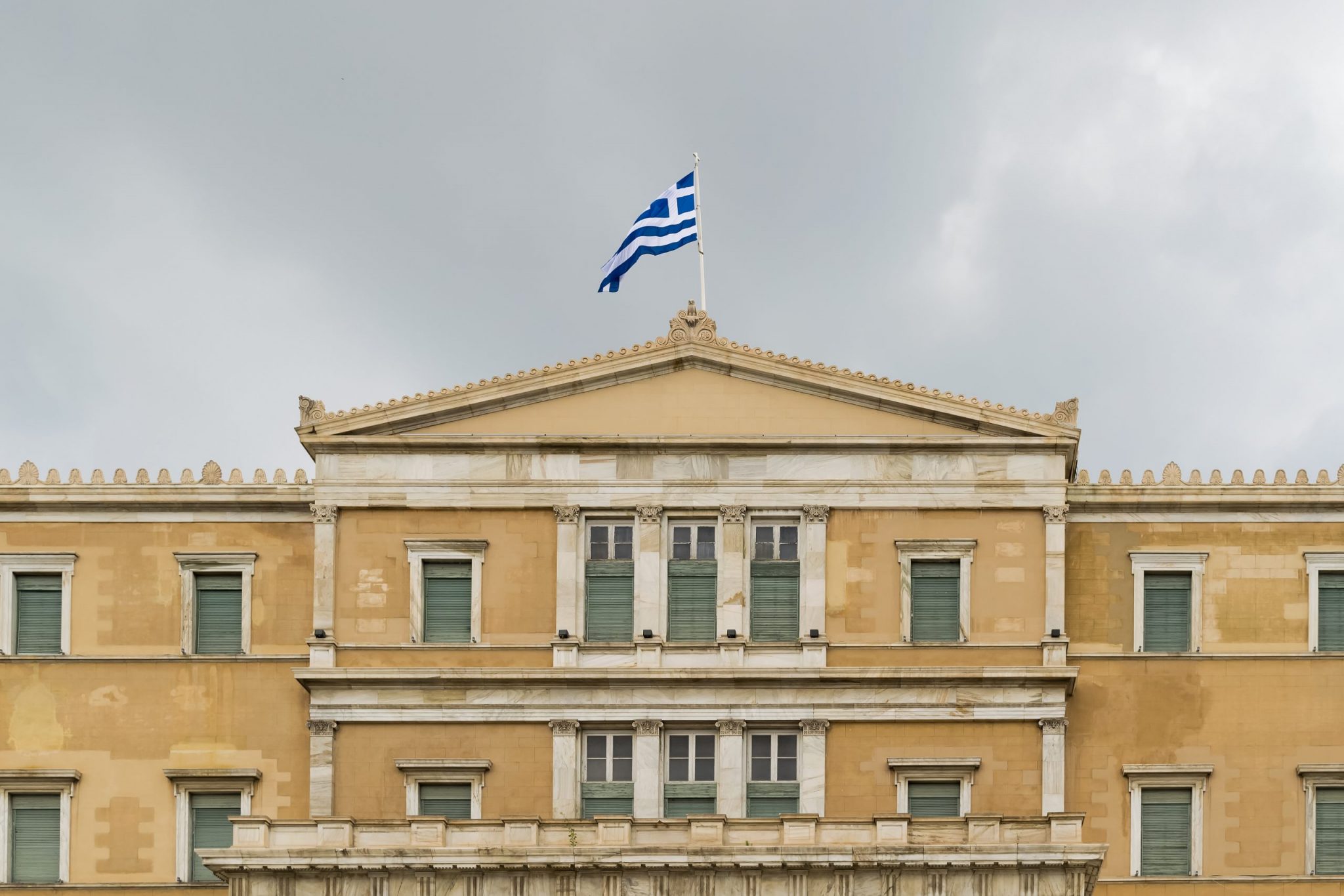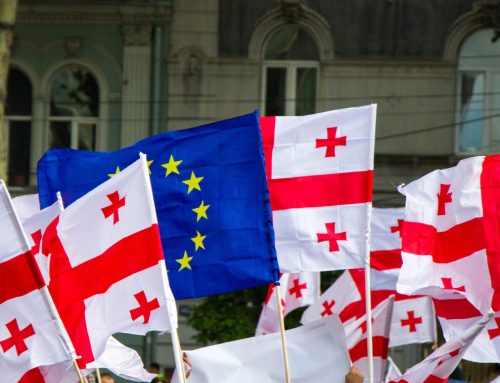On July 7, Greeks voted in national elections to replace Alexis Tsipras and his ruling left-wing Syriza party with Kyriakos Mitsotakis’ right-wing New Democracy. Mitsotakis’ party platform promises to re-energize the Greek economy and attract new investments to the country. The People’s Republic of China (PRC), which first entered the Greek economy under New Democracy’s previous tenure between 2004 and 2009, could again take advantage of this pro-investor stance to make deeper inroads into the country. An €8 billion Chinese-financed redevelopment project in Athens is already seen as critical to Greece’s future economic prospects. On the foreign policy front, New Democracy sided with Russia in opposition to the North Macedonia name change referendum, which allowed the former Republic of Macedonia to settle the dispute over its name with Greece in exchange for eventual membership in the EU and NATO. Mitsotakis himself travelled to Russia in early 2019 where he stressed the importance of bilateral relations between Athens and Moscow. Despite Greece’s membership in the EU and NATO, it remains to be seen whether the new government will be resilient enough to counter the growing influence of foreign authoritarian regimes or whether it will instead seek partnerships with them.
China, the inescapable financier
In 2009, Greece was in the depths of a severe sovereign debt crisis and desperate for an injection of funds that would keep international creditors at bay. In that context, Greece welcomed the offer by state-owned China Ocean Shipping Group to lease part of the Piraeus port in Athens. By 2016, the Chinese group owned a controlling share. In the decade since, the PRC has proved a willing investor in critical Greek infrastructure despite growing concerns from the EU regarding Beijing’s political motivations.
The PRC’s leverage over the Greek economy goes beyond transport infrastructure. In its search for new revenue streams, Athens has come to rely on “golden visa” schemes, which provide five-year renewable visas for foreign citizens who invest at least €250,000 in Greek real estate. Of the more than 1,500 golden visas given out since the start of the program in 2013, an overwhelming majority (1,300) went to Chinese citizens. This gives the PRC an additional lever through which to exert its economic influence over Athens. In addition, despite the Greek government’s recent attempts to increase its oversight over its scheme, the press reported earlier this year that Chinese clients often fly to Greece with suitcases filled with cash. The opacity of loosely regulated golden visa schemes can potentially facilitate money laundering and create security risks for the entire EU.
Greece’s economic proximity to the Chinese government has spilled over into the political sphere. In 2017, Greece blocked an EU statement condemning human rights violations in China. And in April 2019, Greece was the 17th member and 12th EU member state to join the PRC’s 16+1 Initiative, a platform meant to enhance cooperation between the PRC and Central and Eastern Europe under the Belt and Road Initiative. Beijing stands to benefit politically from the 16+1 initiative. At a time when the EU is labelling the PRC a “systemic rival,” several member states are breaking ranks to join one of China’s flagship foreign policy projects.
The Greek government’s embrace of Chinese interests and initiatives is unlikely to change under a new administration eager to secure Beijing’s continued economic support. The New Democracy Party was in many respects the architect of Greece’s China-friendly policy while in power between 2004 and 2009: in 2006, Greece and the PRC became “strategic partners” and New Democracy allowed heavy Chinese investment follo wing the 2008 financial crisis. In May 2019, Mitsotakis’ party strongly criticized a decision by Syriza to delay a further €612 million Chinese investment in Piraeus. If Athens’ new leader wants to deliver on his pledge to strengthen Greece’s troubled economy by cutting taxes and attracting investment, he cannot afford to alienate Beijing.
This is problematic for the entire EU. First, as an EU member state and part of the single market, lax Greek regulation of Chinese investments allows these investments to enter the rest of the Union. Second, Greece’s membership in the eurozone means that any significant economic destabilization it might experience would have immediate ripple effects in the rest of the EU. Having Athens beholden to Chinese economic and political interests indirectly limits the EU’s ability to counter Beijing’s geostrategic maneuvers.
Mending bridges with a meddling Russia
Greece and Russia have historically maintained close ties, buttressed by economic partnerships and their shared Orthodox faith. Greece voted against the NATO intervention in Kosovo in 1999 and refrained from expelling Russian diplomats after the poisoning of Sergei and Yulia Skripal in 2018.
But Tsipras and the outgoing administration experienced a souring of relations with Moscow over its rapprochement with Turkey and, crucially, over the Russian opposition to the 2018 name change referendum in North Macedonia. Both the Kremlin and Mitsotakis’ New Democracy Party opposed the measure, with Moscow resorting to a range of destabilization methods to undermine the name change deal. In July 2018, Tsipras’ administration removed four Russian diplomats and accused Russia of spreading discord, supporting opposition rallies, and bribing individuals to vote against the deal.
Russia interference in the referendum does not appear to have troubled New Democracy. In a March 2019 visit to Moscow, Mitsotakis called for stronger bilateral ties and common ground with Russia. The chairman of the Russian State Duma reiterated the high value placed on Russian-Greek relations. In addition, should he pursue a more Russia-friendly foreign policy, Mitsotakis may find support in parliament from the newly-formed pro-Russian Greek Solution party, which won 10 seats in the latest election. As the EU and NATO continue to assess their engagement with Russia, Mitsotakis may present a challenge if he goes beyond rhetoric and symbolism in his alignment with Russian foreign policy.
Staying vigilant
Greece is a committed EU and NATO member and remains firmly anchored in the community of transatlantic democracies. However, past evidence suggests that the new government will continue to pursue strong economic ties with China and attempt to repair damaged ties with Russia. With the Greek economy still fragile, seeking investments from China may be the easy, reliable path, but a troubled one – the PRC has a track record of tying economic support to political quid pro quos. In addition, Greece’s membership in both the EU and the eurozone means that dependence on PRC economic support also impacts the maneuvering available to its fellow member states. Finally, the Greek population still harbors some lingering resentment towards the EU over years of austerity and Mitsotakis’ administration should be watchful that their rapprochement with Moscow does not provide the Kremlin with an opening to drive a wedge between allies.
The views expressed in GMF publications and commentary are the views of the author alone.





